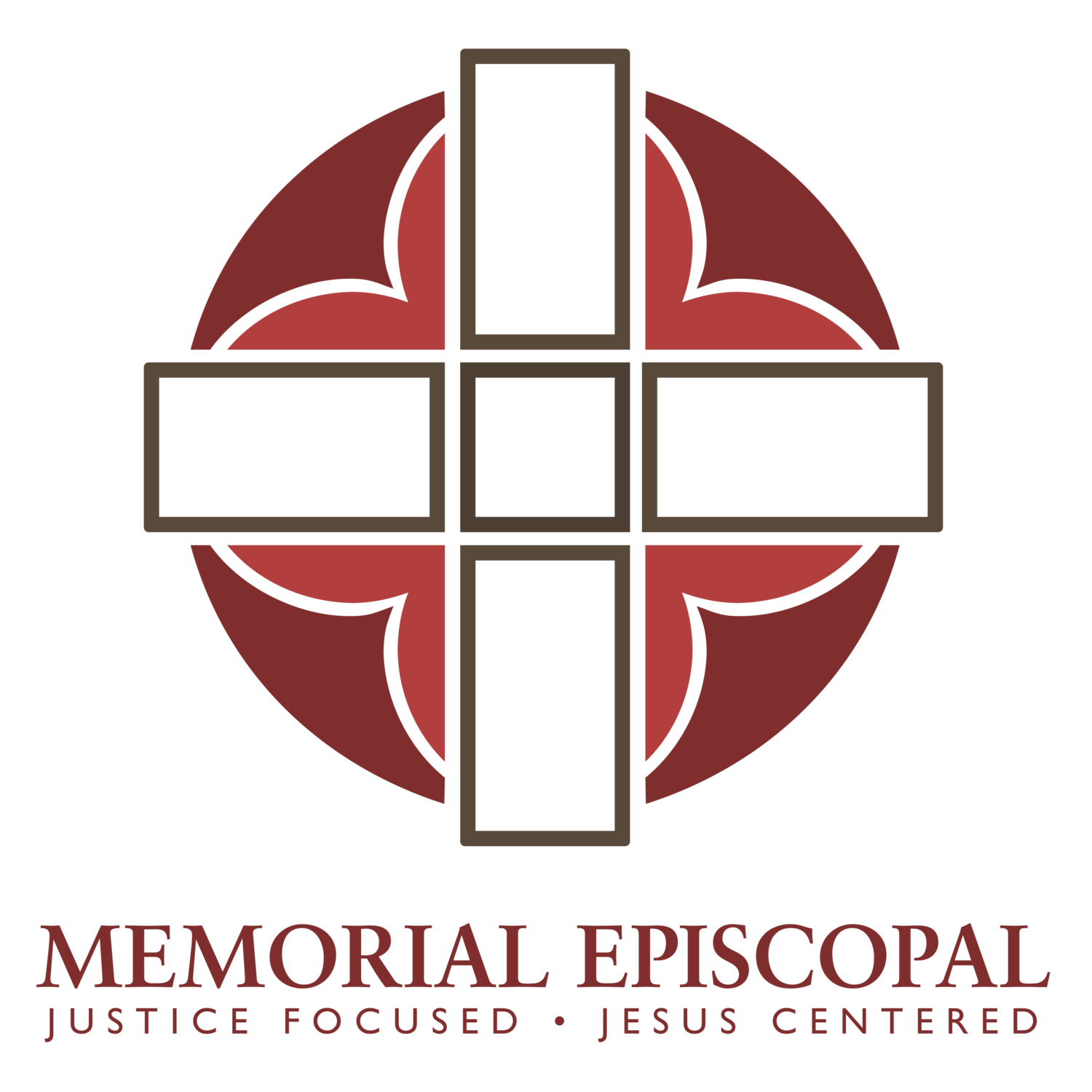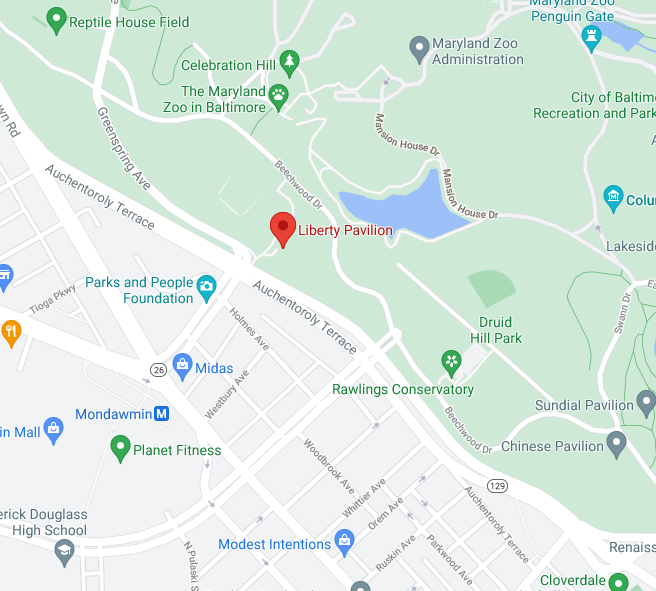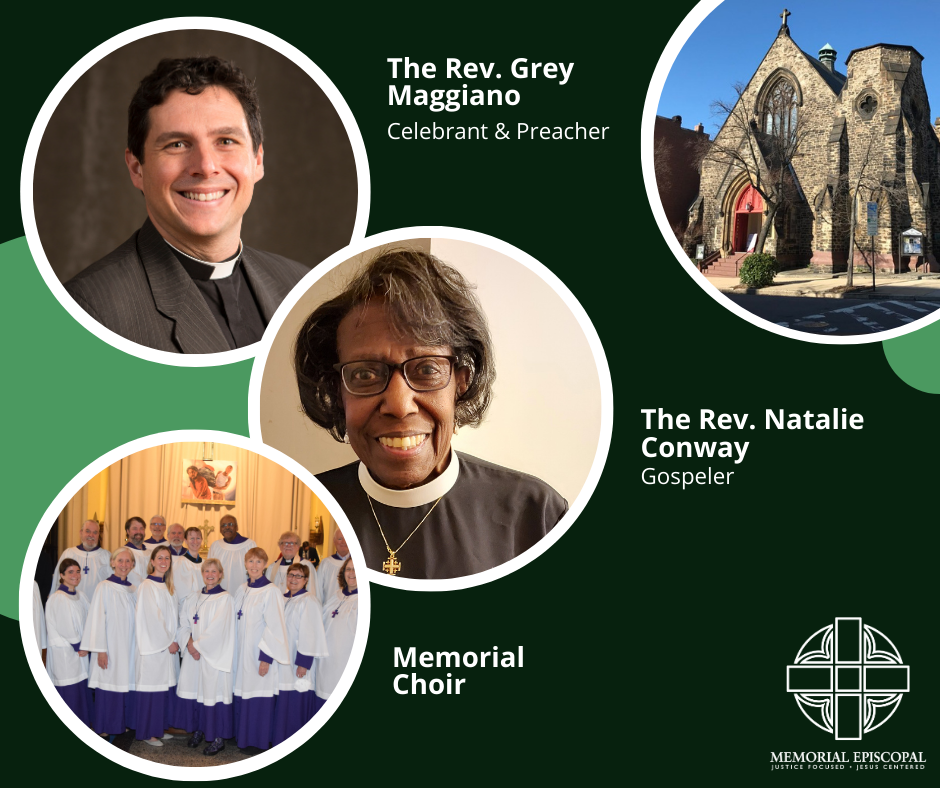Meeting Location: 1407 Bolton Street, Baltimore, MD 21216 - Church Steps
Join Us for Unity and Love:
St. Francis Animal Blessings Day is not just an event for pet owners but a gathering that unites our entire community. It's a chance to get to know our neighbors, celebrate the diversity of our animal companions, and embrace the values of compassion and empathy that St. Francis exemplified.
Dear Friends,
This Saturday we will bless the animal members of our families. And I’m guessing you already know that it is they who bless us with their love, their quirky ways and their loyalty. God is so creative in the diversity and abundance of life on this Earth. It is nearly impossible to find a place on the surface of our planet that is devoid of life, and all of this life is connected into one system we call the biosphere.
We share the water and the air, the nutrients and the wastes—all of it fits together, and we are tied to this system because were designed to live within it and to adapt as the environment changes. What a gift!
There is a lot to be learned from living with appreciation for the animals and plants; the sun, moon and stars; the beautiful crystals that comprise the rocks and minerals; and the lakes, rivers and seas. They all have stories to tell if we have ears to listen, and Francis of Assisi had the ears to listen. He knew that everything was connected and understood that God wanted us to appreciate the wonders of creation as a sign of the abundance of God’s love to supply our needs.
In my home, we have two cats and two dogs who live in the house with us. They remind us to keep to the priorities: love, companionship, food and water. It’s good to be them, and it’s even better to be us, because I think the humans have the better end of the deal. We get to live with beings who have no guile who just want to be a part of the family. I pray that one day I will be worthy of that.
So come on over to the church on Saturday afternoon from 2pm until we run out of beings in search of blessings. I want to meet the other species in your life and offer them blessings! And if your favorite non-human is a plant, feel free to bring your green friends along as well. Memorial is an equal opportunity font of blessings!
In Christ’s love,
Pan +













